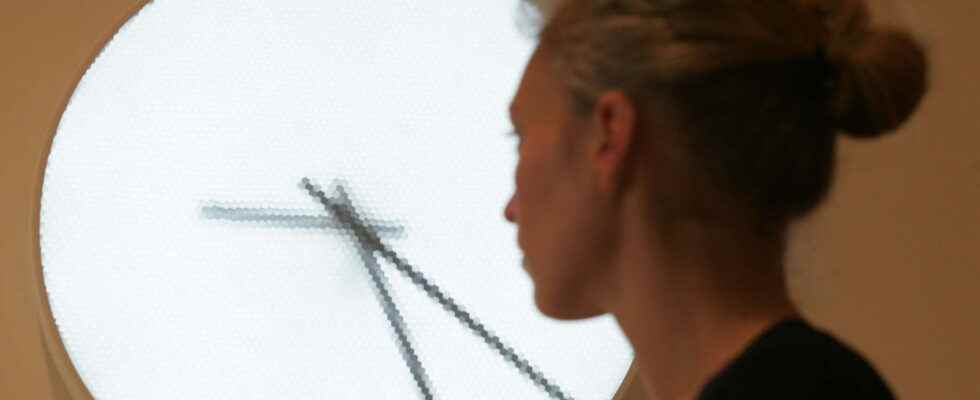On the night of October 29 to 30, 2022, we switch to winter time. Where does this tradition of changing the clock twice a year come from and what is it for?
It’s the same thing every year. During the last weekend of October, the clocks are delayed by one hour. At three o’clock in the morning this Sunday, October 30, 2022, it will actually only be two o’clock, which saves an hour of sleep but that is not the reason for this time change. In France, the time change was adopted in 1975, after the first oil shock of 1973-1974. Valéry Giscard d’Estaing is the instigator. The goal is to better match working hours and hours of sunshine, in particular to save money by limiting the use of artificial lighting. In 2009, the time change saved 440 GWH of electricity and prevented the emission of 44,000 tonnes of C02, according to the latest figures available. It was more than 12 years ago… The idea, at the economic base, has also over the years become an argument for environmentalists.
It’s the same thing every year, during the last weekend of October. And since 1998 it is also the same thing in all the countries of the European Union. According to a survey OpinionWay for Understanding Choosing, published in October 2014, the French no longer approved of this practice for more than the majority of them (54%). They were barely one in five to vote for (19%). Finally, just over one in four respondents said they were indifferent (27%). A large majority of them were even unaware that the time change had been introduced in order to save money (59%), only the impact of this change on sleep, diet or mood already counted, 75 % consider it thus negative.
Five years later, the change of time was the subject of a European then French consultation. After a vote of European citizens in the summer of 2018, the vast majority in favor (84%) of the abolition of the seasonal time change (winter and summer), the French also voted en masse (83.71 %) “for” the end of the time change in February 2019. The European Parliament also confirmed this wish on March 26, 2019 with 410 votes “for”, versus 192 votes “against” and 51 abstentions. In the other EU countries, consultations have also been organised. The ace. Discussions on the end of the time change at Member State level have been at a standstill since June 2019 and an unfavorable opinion from the legal services of the Council of the EU.
